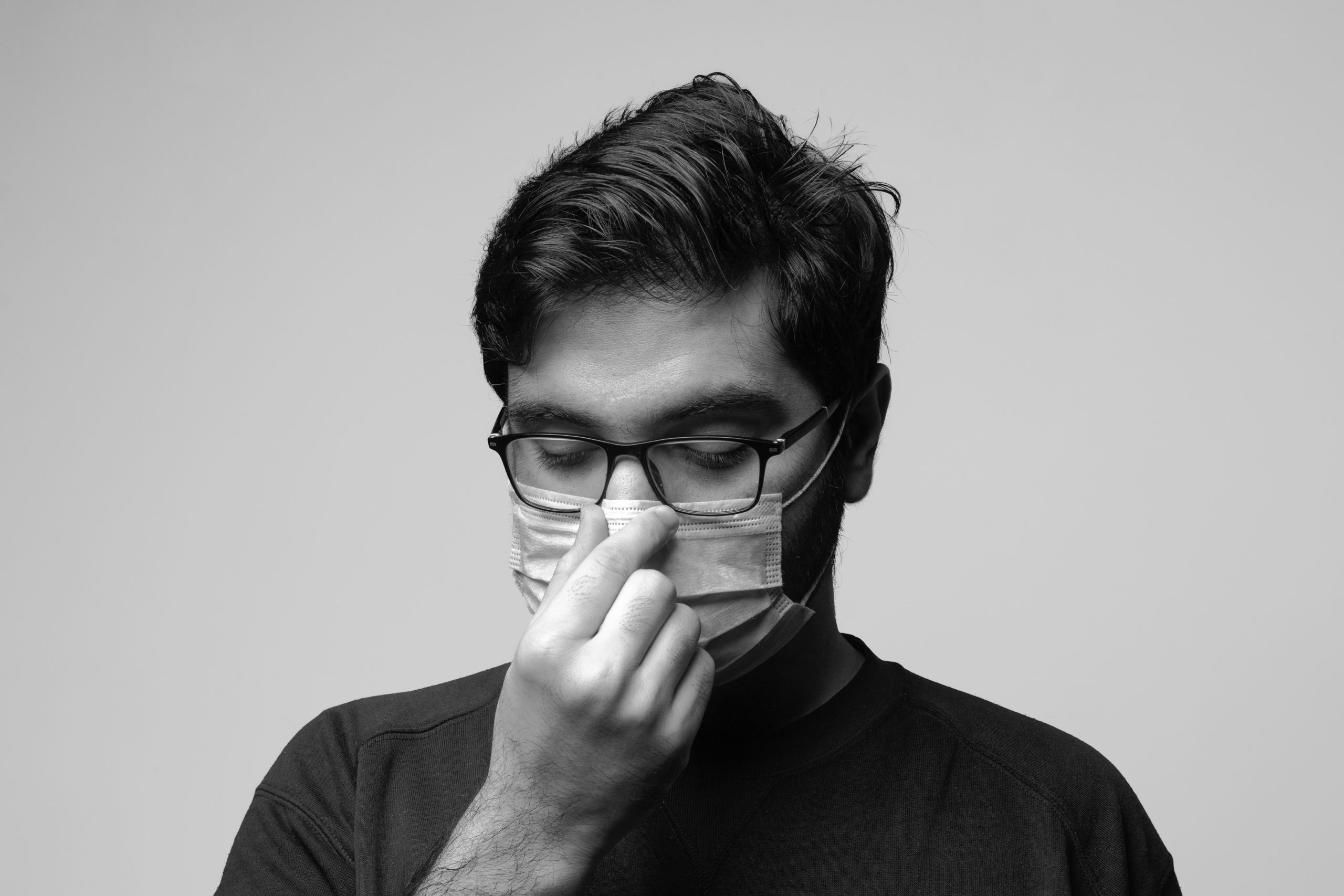- 14 April 2023
- 470
The Impact of Air Pollution on Respiratory Health

Air pollution, a pervasive environmental issue, continues to be a major concern for public health around the world. From smog-filled cities to industrial emissions and burning of fossil fuels, the detrimental effects of air pollution on respiratory health cannot be overstated. As a journalist, it is crucial to shed light on this pressing issue and explore its impact on human health.
The link between air pollution and respiratory health is well-established, with numerous scientific studies providing evidence of the harmful effects. The fine particulate matter (PM2.5) and other pollutants present in the air can penetrate deep into the lungs, triggering inflammation, irritation, and damage to the respiratory system. Long-term exposure to air pollution has been linked to respiratory conditions such as asthma, chronic obstructive pulmonary disease (COPD), lung cancer, and respiratory infections.
Children, the elderly, and individuals with pre-existing respiratory conditions are particularly vulnerable to the harmful effects of air pollution. Children, whose lungs are still developing, are at increased risk of respiratory infections and long-term lung damage due to air pollution exposure. Similarly, older adults and individuals with pre-existing respiratory conditions, such as asthma or COPD, may experience exacerbated symptoms and increased risk of respiratory exacerbations when exposed to polluted air.
The impact of air pollution on respiratory health is not limited to physical health alone. Studies have also shown that air pollution can have significant psychological and socioeconomic impacts. Living in areas with high levels of air pollution can cause stress, anxiety, and mental health issues. Moreover, the economic burden of respiratory diseases due to air pollution is substantial, including healthcare costs, lost productivity, and reduced quality of life for affected individuals and their families.
As a journalist, it is important to use research techniques to verify information and uncover credible sources when reporting on the impact of air pollution on respiratory health. Fact-checking information from reputable scientific studies, government agencies, and expert sources is crucial to ensure accurate reporting. Interviewing healthcare professionals, researchers, and individuals directly affected by air pollution can provide firsthand insights and perspectives.
In addition to verifying information, adhering to journalistic ethics is paramount. Providing balanced and unbiased reporting, avoiding sensationalism, and presenting diverse viewpoints can contribute to a well-rounded and accurate portrayal of the issue. Respecting privacy and consent when interviewing individuals and attributing information to credible sources are essential ethical practices in journalism.
As a journalist, it is also important to develop a distinct style in reporting. Utilizing descriptive language, engaging storytelling, and impactful visuals can create a compelling narrative that captures the attention of readers and raises awareness about the seriousness of the issue. Incorporating human-interest stories, personal anecdotes, and real-life examples can help readers connect emotionally with the impact of air pollution on respiratory health.
In conclusion, air pollution poses a significant threat to respiratory health, affecting millions of people worldwide. As a journalist, it is our responsibility to report on this critical issue accurately, ethically, and with a distinct style. By shedding light on the impact of air pollution on respiratory health, we can raise awareness, advocate for policy changes, and promote efforts to mitigate air pollution for the betterment of public health.

